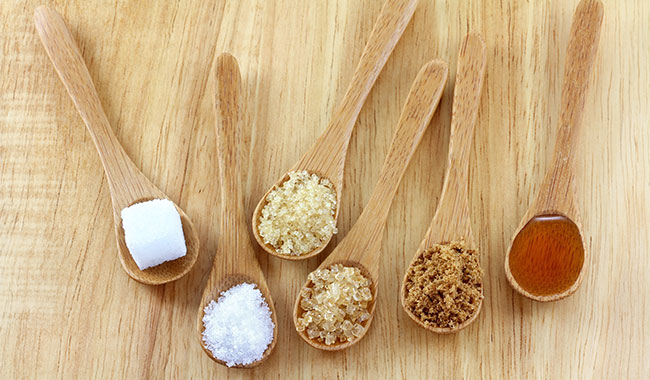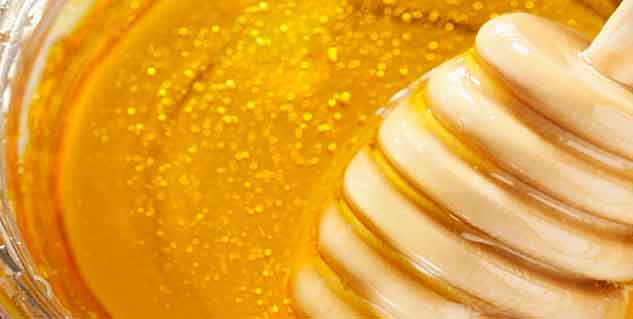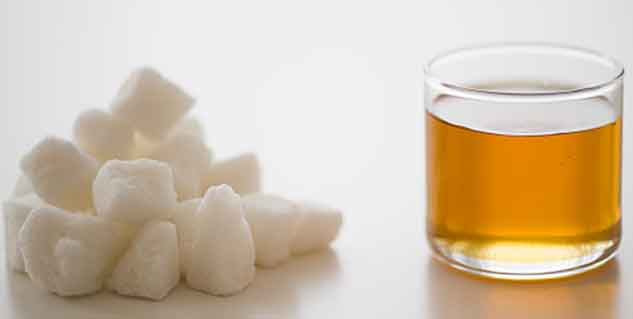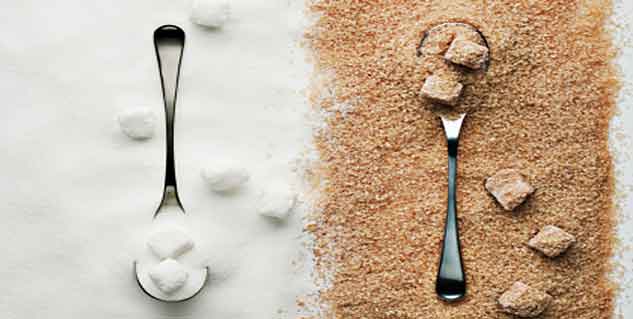
Quitting refined sugar can be tough. But given how incredibly harmful sugar can be, it is definitely worth the effort. Luckily, there are quite a few sweeteners found in nature which are good for your health. They are low in calories, low in fructose and taste very sweet. But, are those natural sweeteners really healthier than sugar? Just FYI, 5 mL of sugar contains 19 calories.
Table of Content:-
Honey
Calories per teaspoon (5 mL): 21
Honey is less processed than white sugar, so it is a more sustainable, environmentally conscious choice. But calorie for calorie, it's about the same as sugar, and its effect on blood sugar is very similar. It is digested very quickly and will raise blood sugar quickly. Honey contains B vitamins and studies have shown that it may lower cholesterol and have antibacterial effects; however, you would need to consume way too much to get those benefits.

Agave Nectar
Calories per teaspoon (5 mL): 21
Made from the cactus plant, agave nectar is lauded for being higher in fructose (a sugar that naturally appears in fruit) and lower in glucose compared to white sugar. Some studies suggest that it has a lower glycemic index than white sugar, so it will not spike blood sugar as much. However, according to the Canadian Diabetes Association, while the increase is slower, it will still raise your blood sugar, and it has no advantage over other sugars for people with diabetes.
Turbinado
Calories per teaspoon (5 mL): 16
Natural brown sugar extracted from sugar cane juice, turbinado is another less processed, often more sustainable, option. You may have heard that it has more vitamins and minerals than table sugar, but the difference is negligible: For example, in one teaspoon (5 mL) of turbinado, there are zero micro nutrients. Manufacturers say you would need to eat about 30 teaspoons (150 mL) a day to reap any benefits.
Coconut Sugar
Calories per teaspoon (5 mL): 15
This is made from the sap of flower buds from the coconut palm. You may see claims that it has a lower glycemic index than sugar, but it is not necessarily a better choice for people with diabetes, or more healthful. The Canadian Diabetes Association recommends people with diabetes eat less of it, as well as other sugars.
Although natural sugar substitutes may seem healthier than processed table sugar, their vitamin and mineral content isn't significantly different from that of sugar. Honey and sugar, for instance, are nutritionally similar, and both end up in your body as glucose and fructose. Choose a natural sweetener based on how it tastes and its uses, rather than on its health claims.
Image source: Getty
Read more articles on Healthy Eating.
For more related articles, Download OnlymyHealth App.
How we keep this article up to date:
We work with experts and keep a close eye on the latest in health and wellness. Whenever there is a new research or helpful information, we update our articles with accurate and useful advice.
Current Version